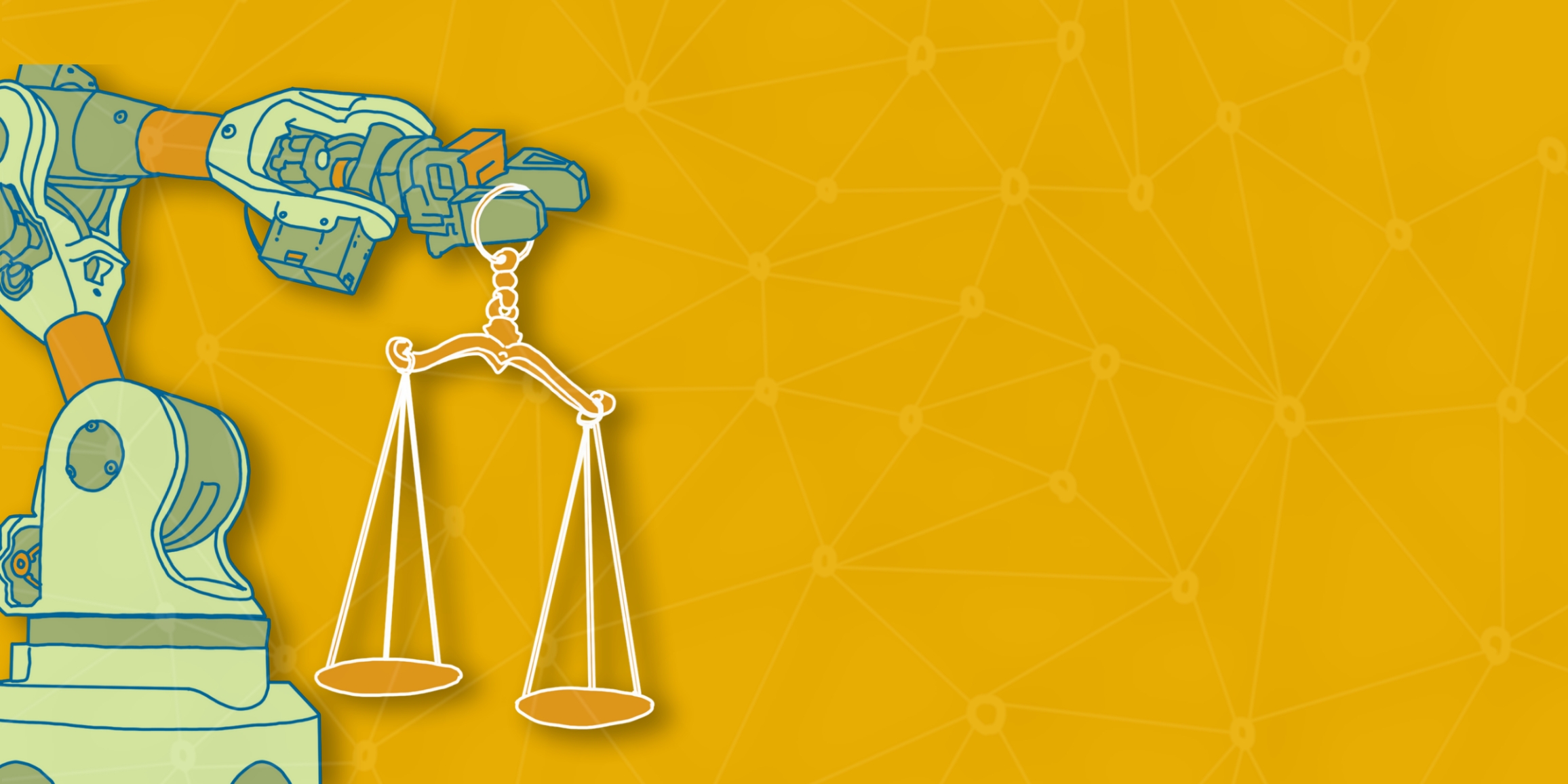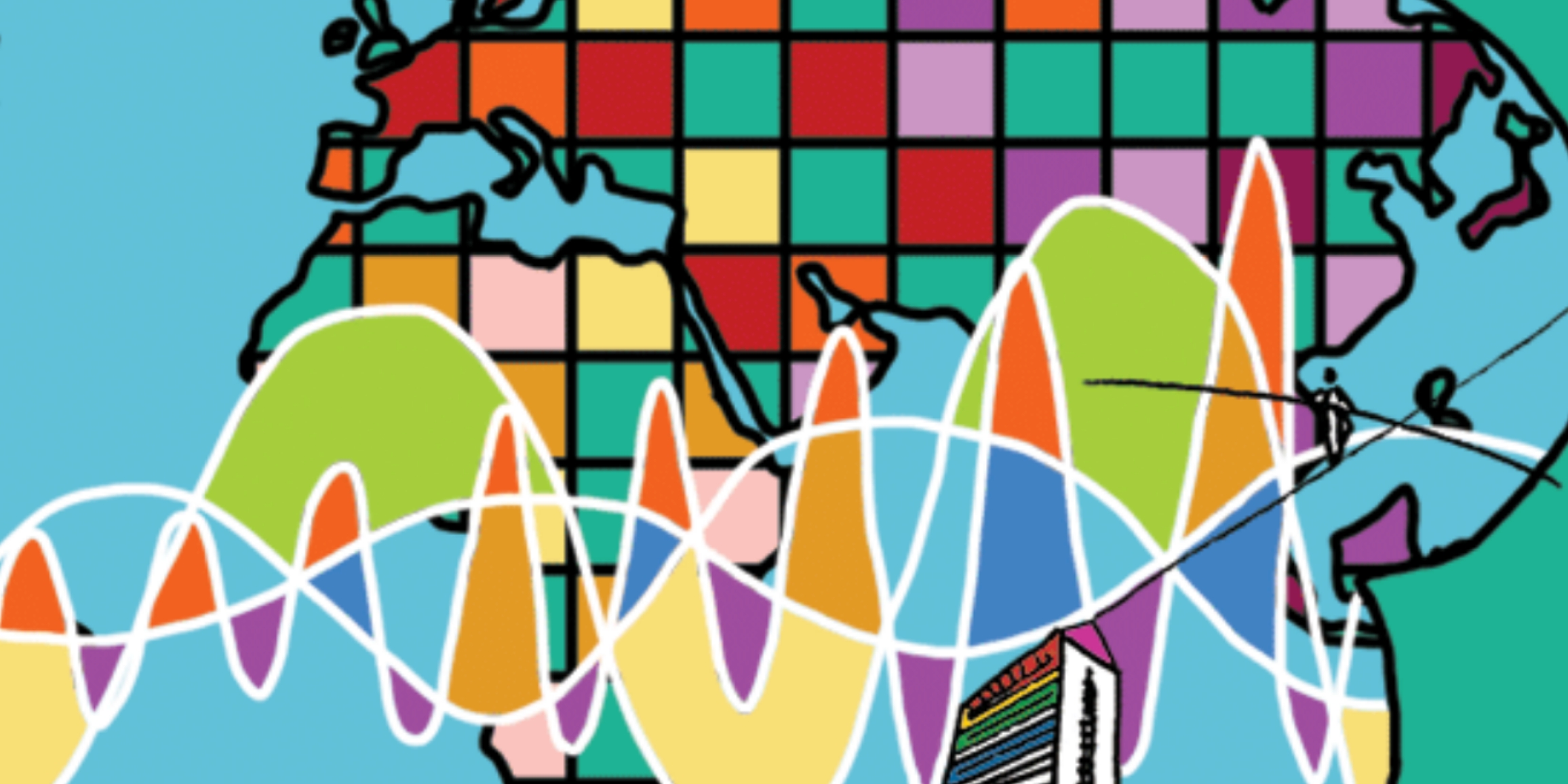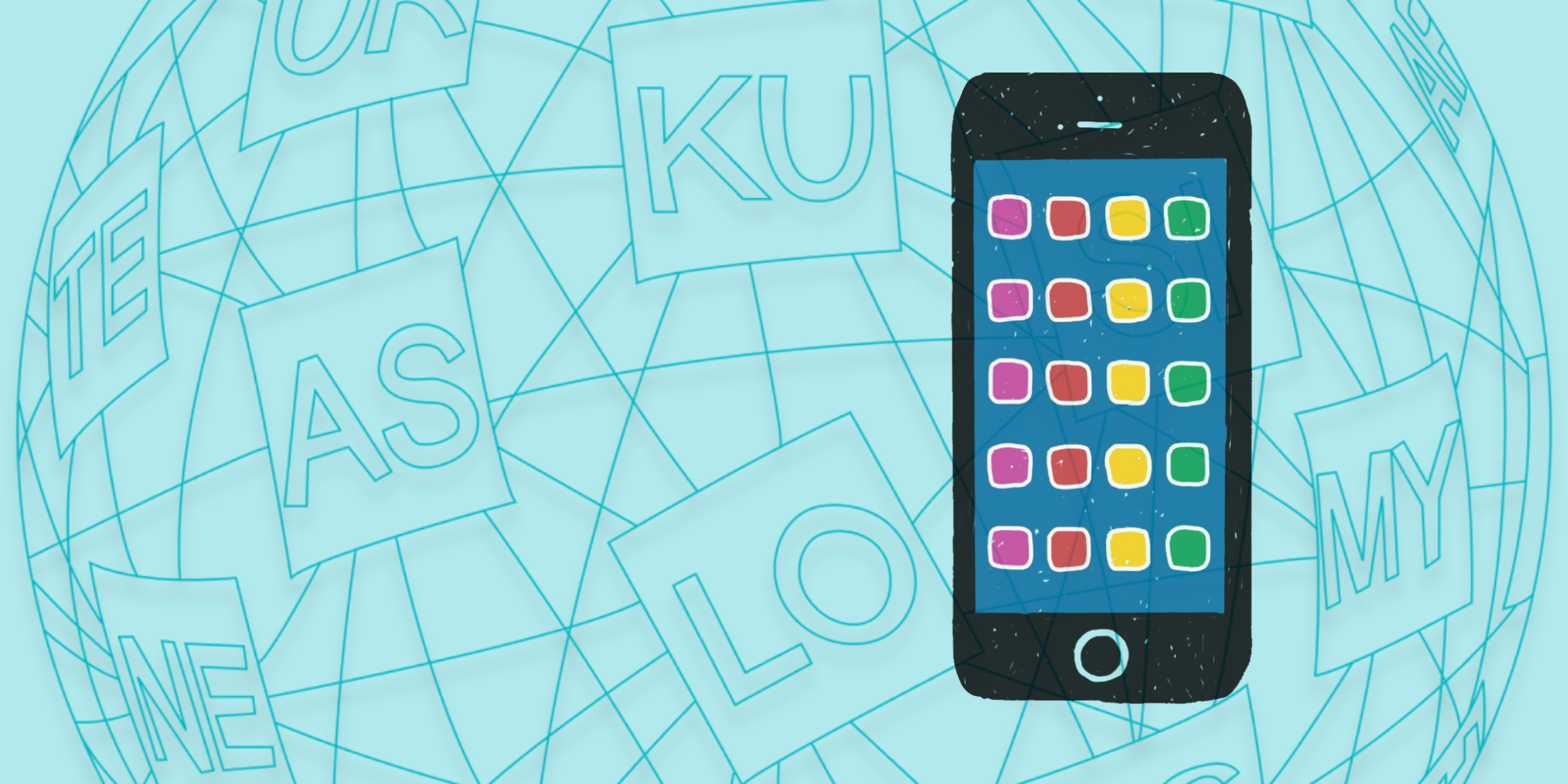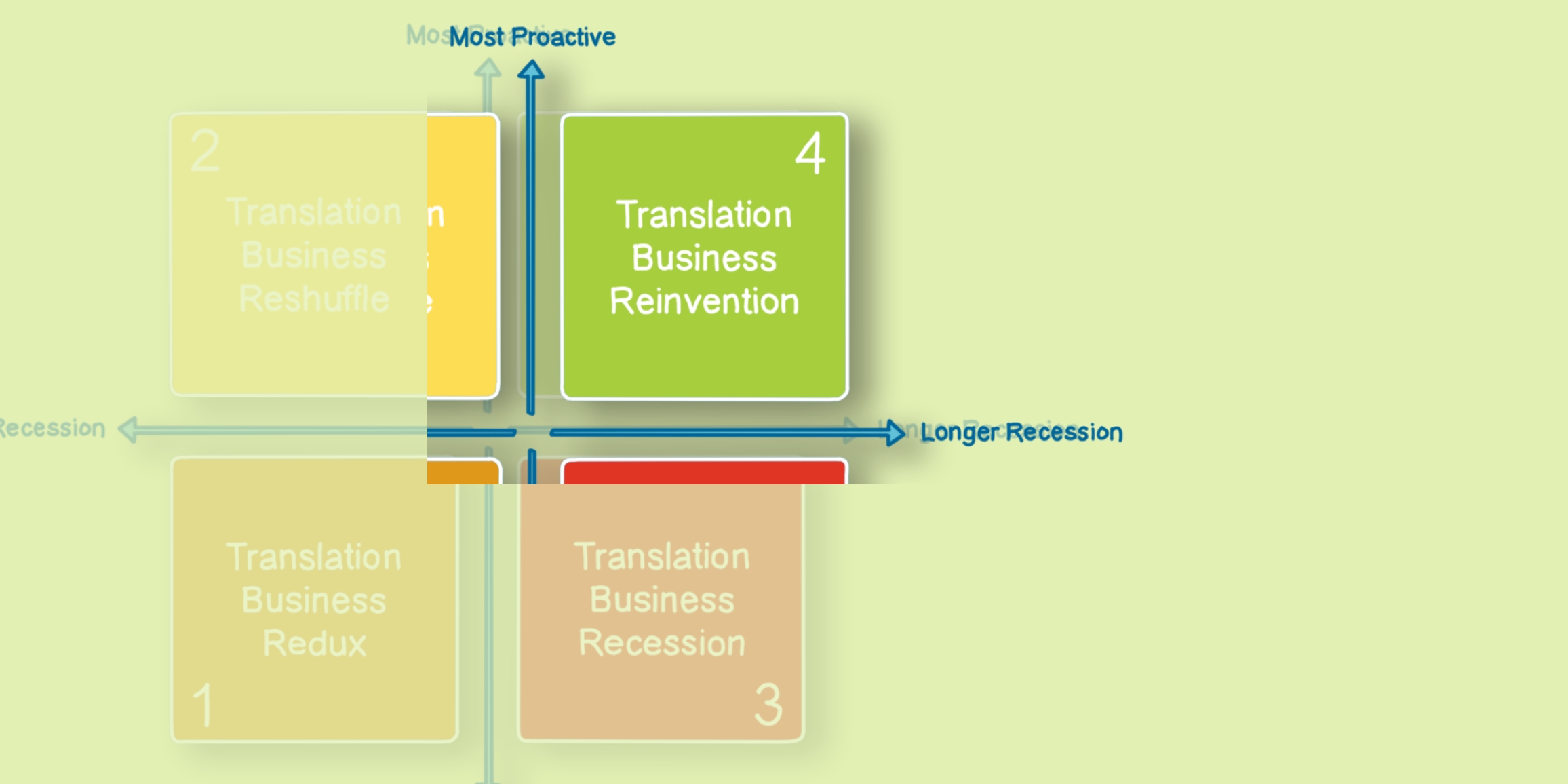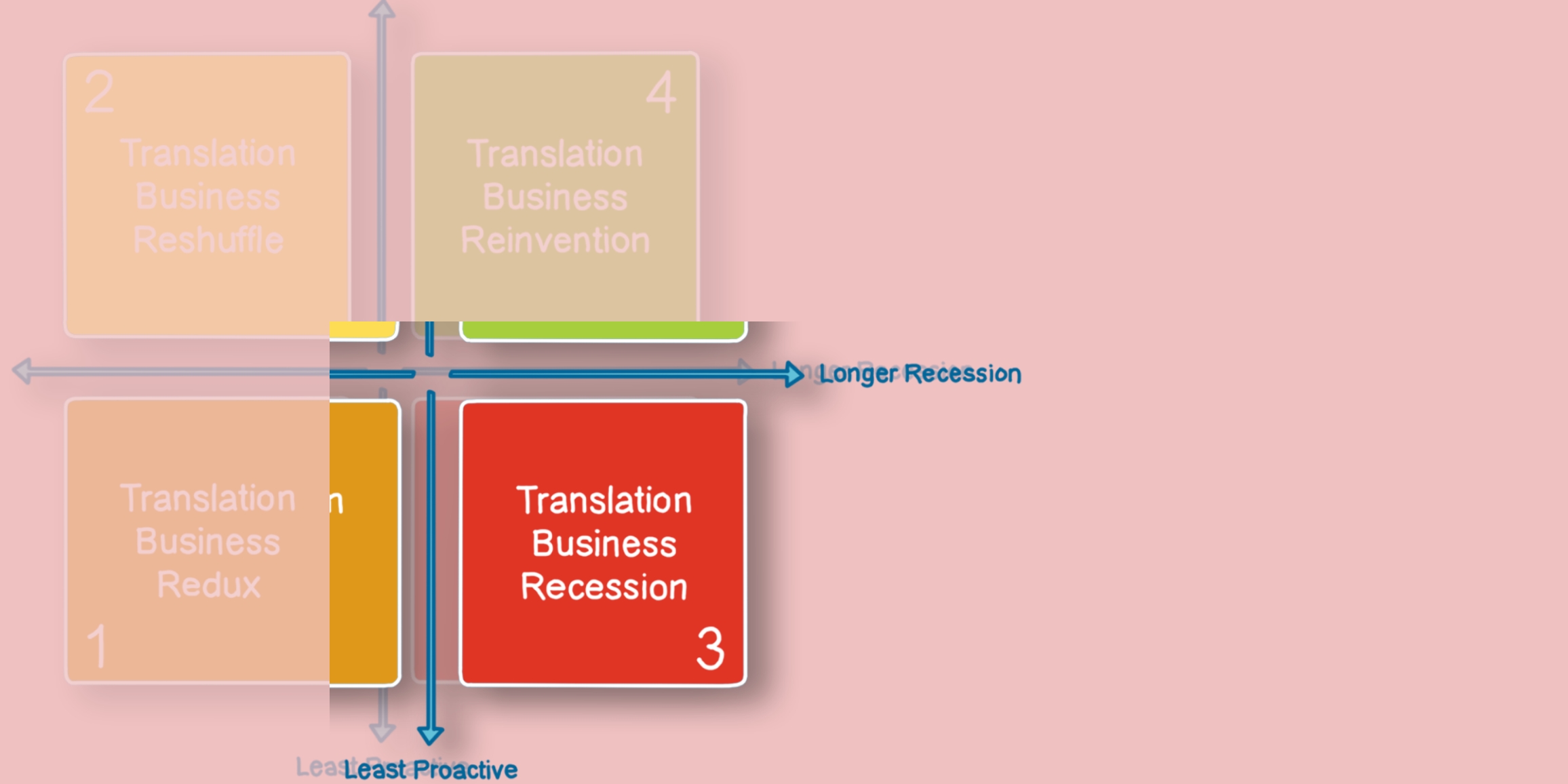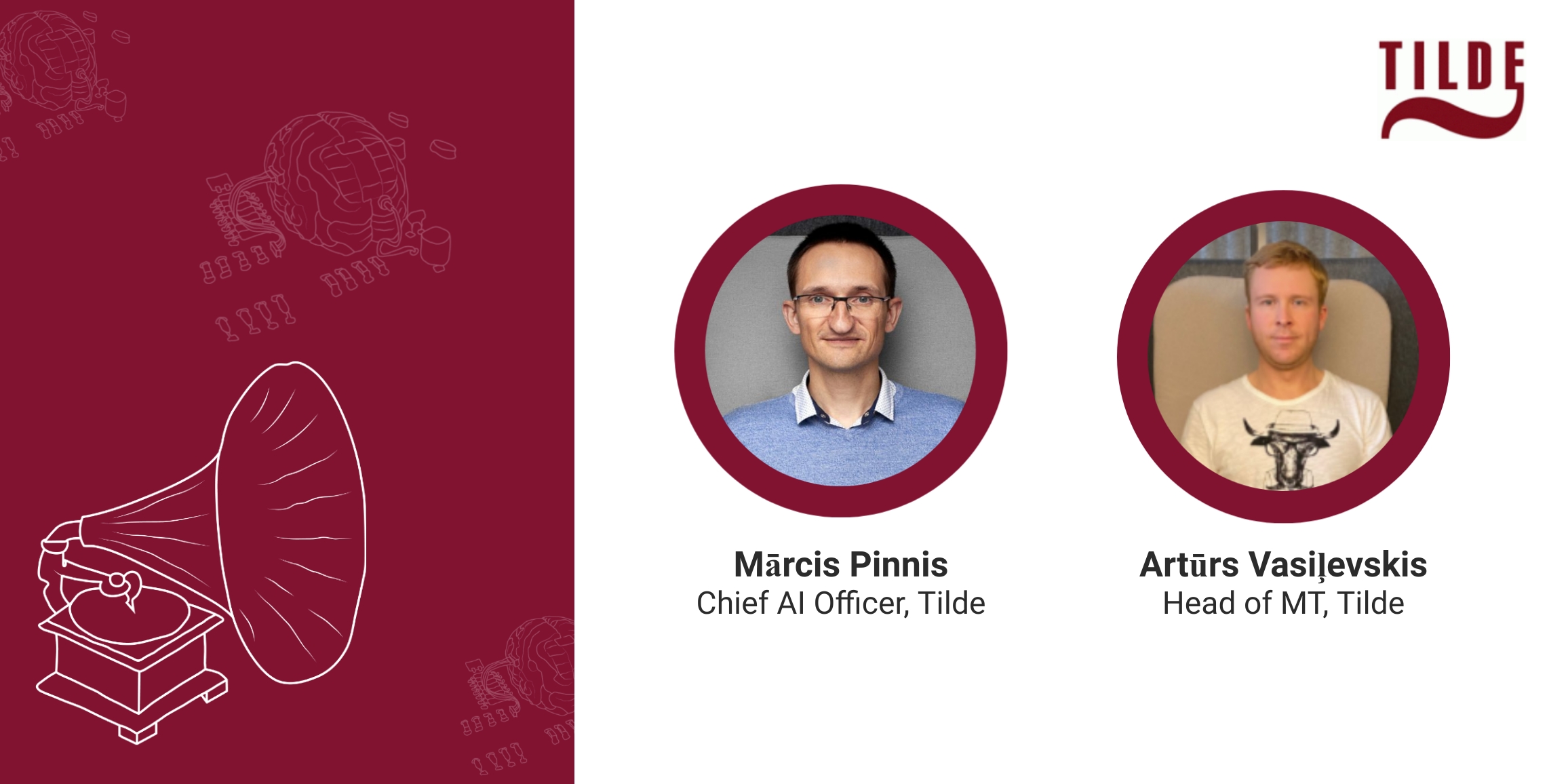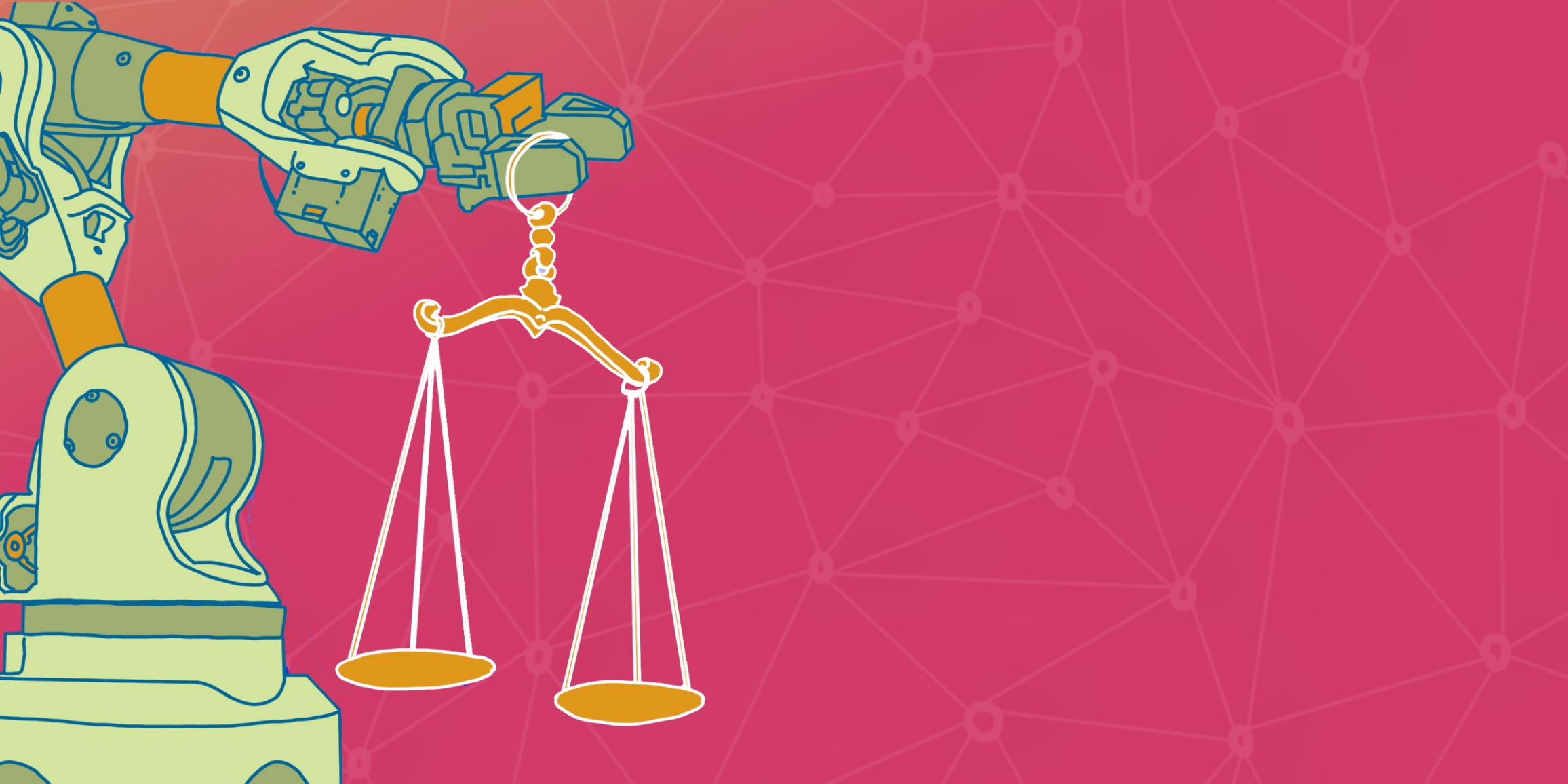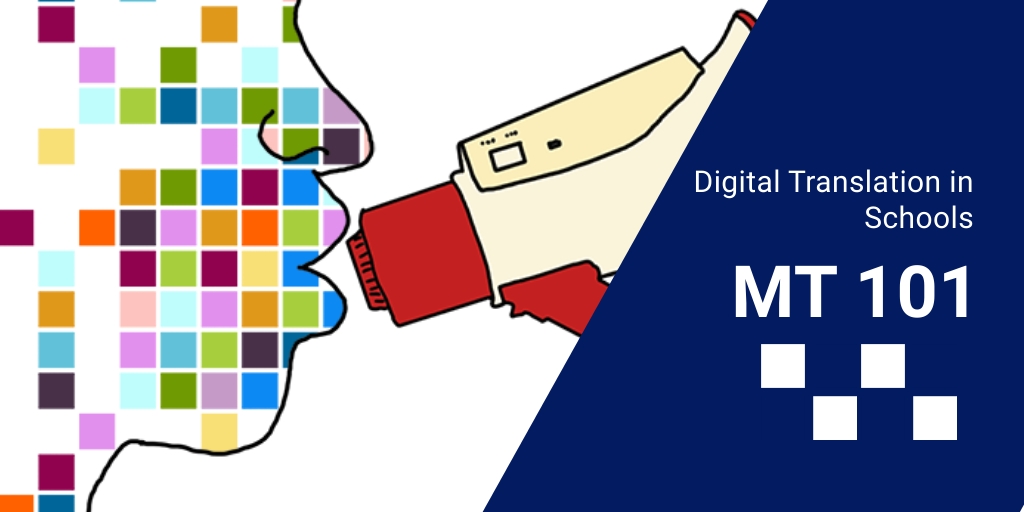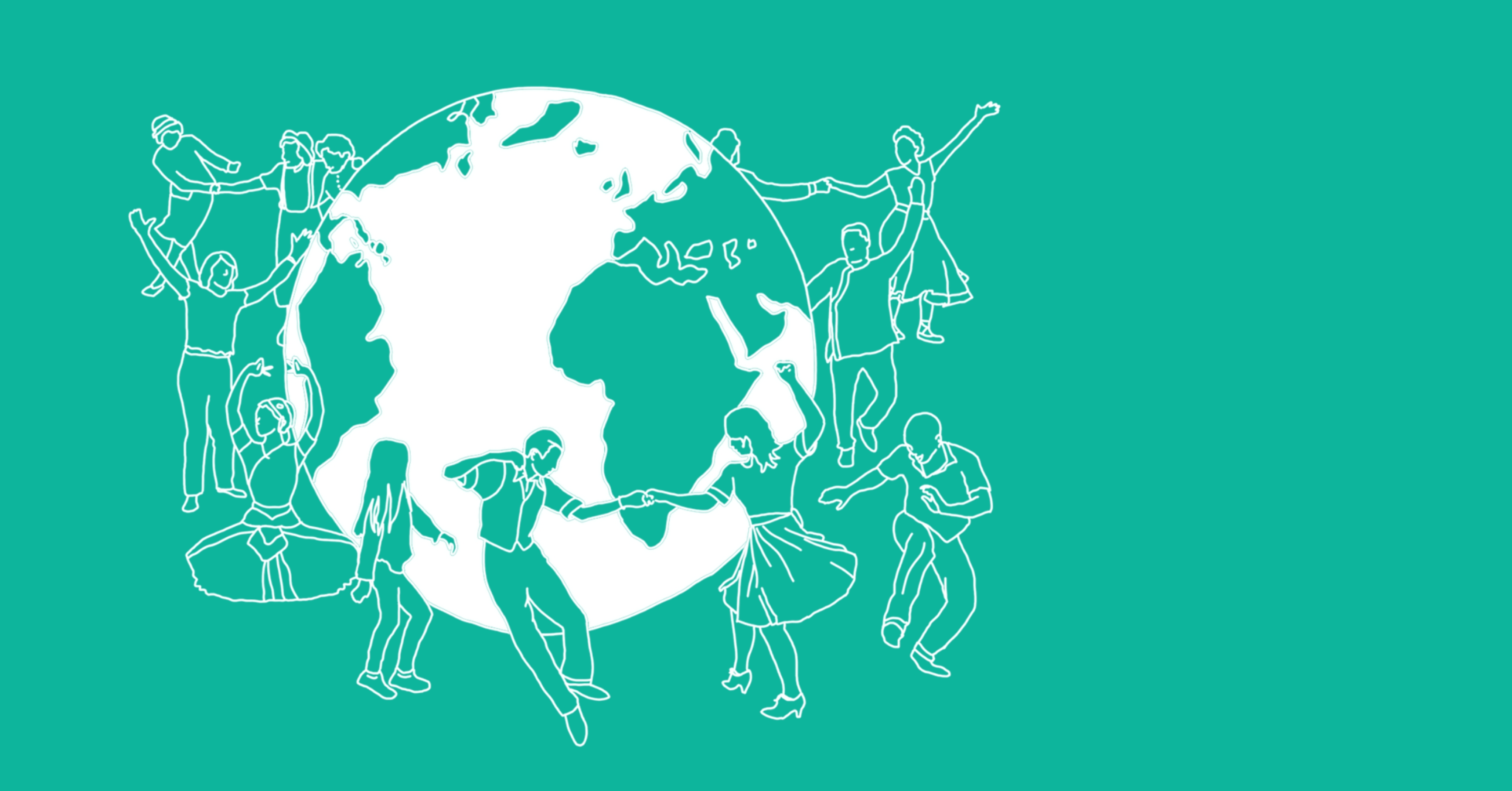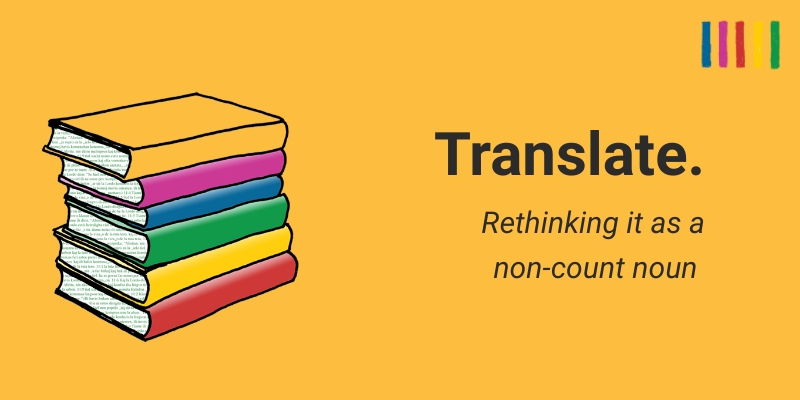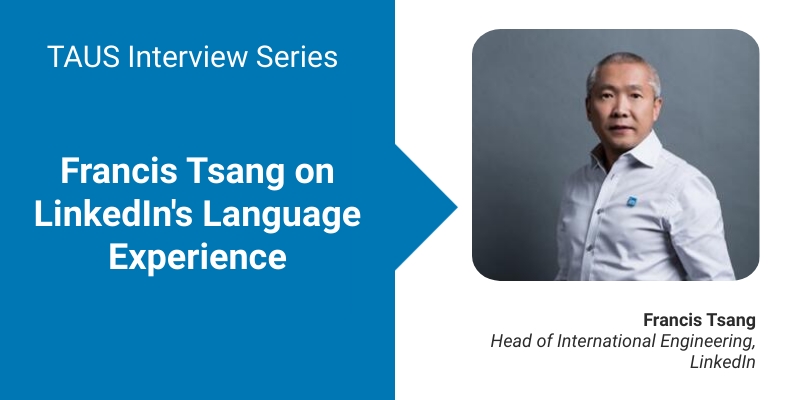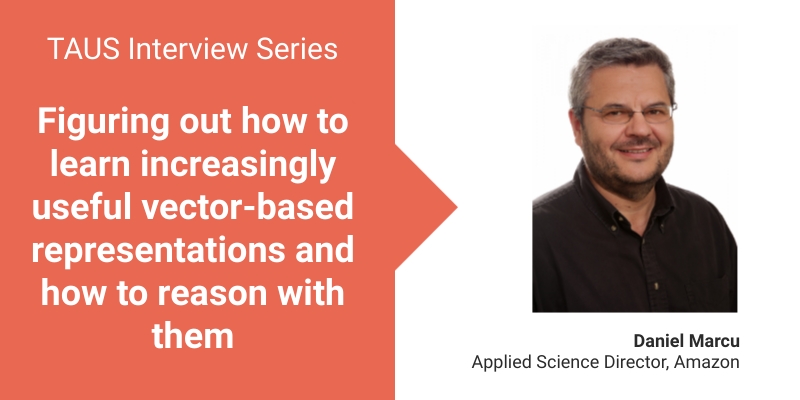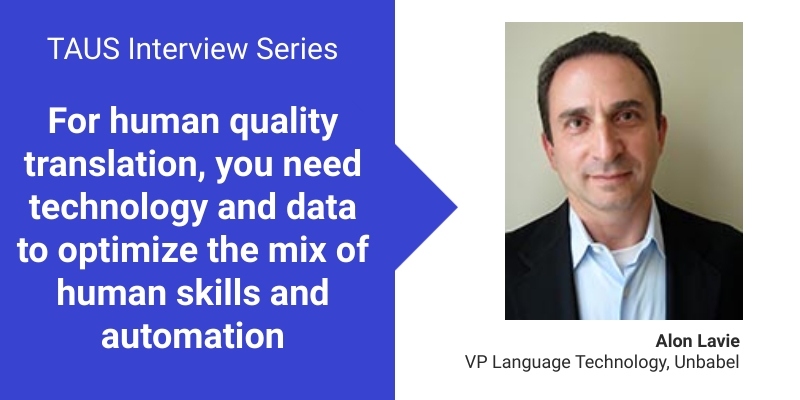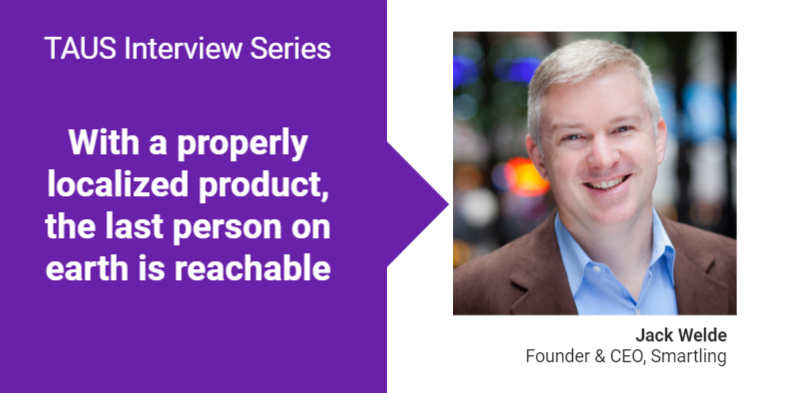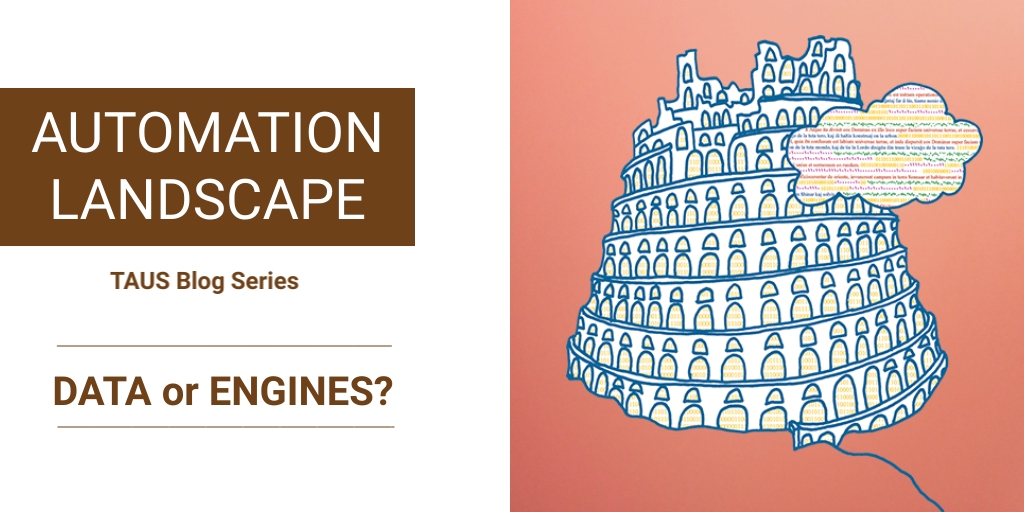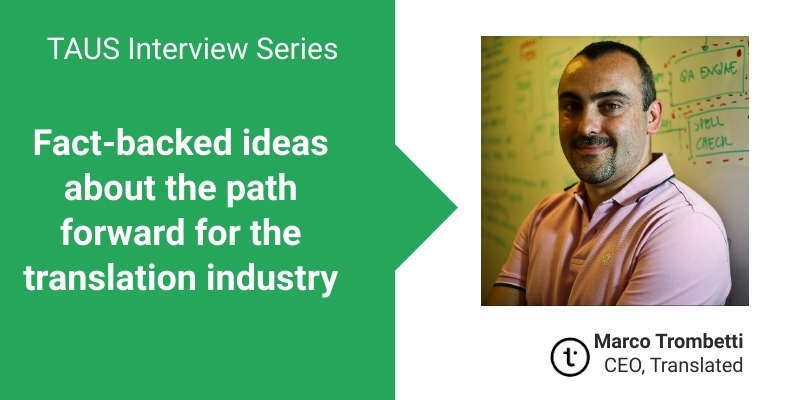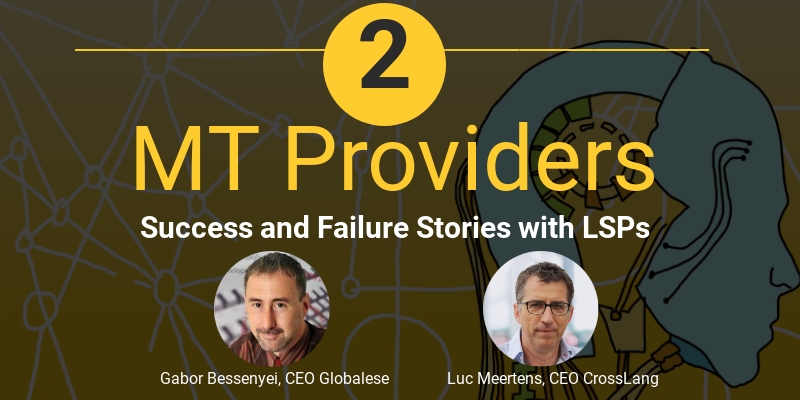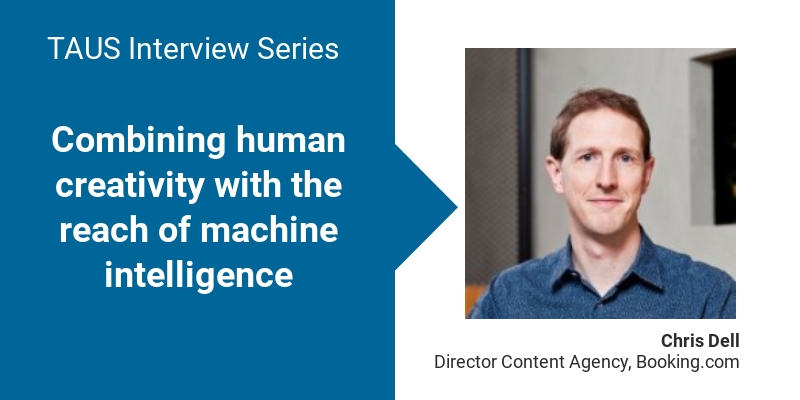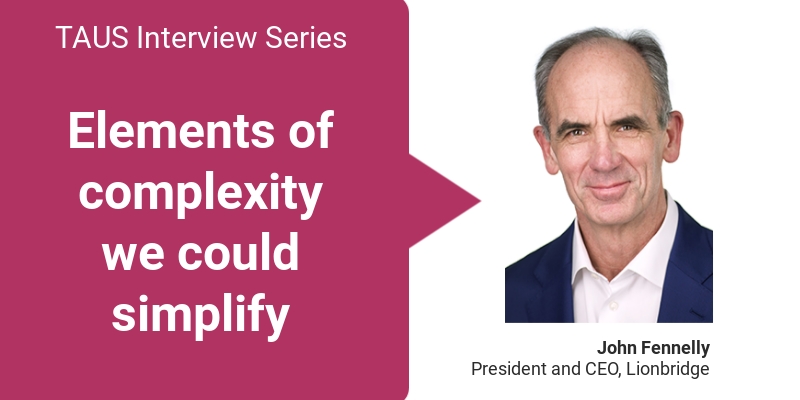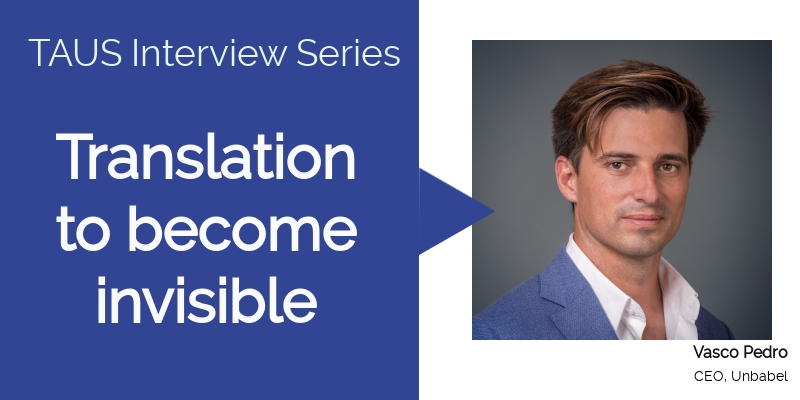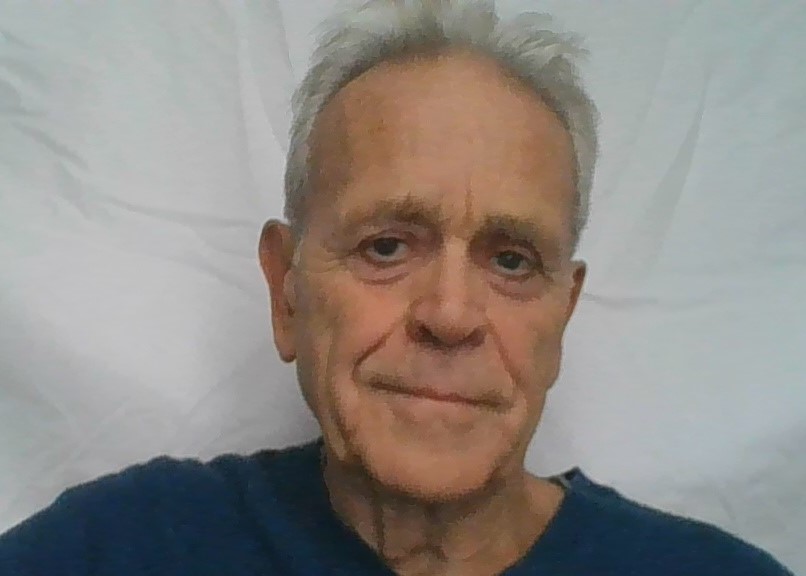
Andrew Joscelyne
Long-time European language technology journalist, consultant, analyst and adviser.
04/01/2021
AI is becoming embedded in most of the latest technologies. Therefore, it's increasingly required that everyone involved is aware of the ethical implications of AI practices.
18/11/2020
Large-scale data management will expand the kind of jobs required. Language also acts to produce data beyond the translation moment. This will likely foster new types of work for language professionals. Let's look a little closer at why “language data” is a richer concept than you might think.
03/08/2020
With the AI-driven micro-analytics, we should soon be able to understand how language influences specific individuals, and not just large communities. How far are we from achieving the ultimate personalization of language - addressing the new language speakers with their different personal preferences as evidenced in their usage?
03/06/2020
Two hundred people responded to our survey about the state of the translation industry in the summer of 2021. In this series, we will sequentially analyze each post-corona scenario: Redux, Reshuffle, Recession, Reinvention.
20/05/2020
Two hundred people responded to our survey about the state of the translation industry in the summer of 2021. In this series, we will sequentially analyze each post-corona scenario: Redux, Reshuffle, Recession, Reinvention.
08/05/2020
Tilde's experience with developing the EU Presidency Translator is a great use case of public service MT. It has demonstrated how machine translation can be customized to provide efficiency and quality in cross-lingual communication.
06/03/2020
Can AI-driven translation by itself lead to “social” bias or intentional fakes, or only to accurate or inaccurate outputs? Here are some notes on AI ethics
09/12/2019
Technology has caused translation to become more digital and artificially intelligent than ever. But is this also reflected in translation education? Here we are listing three reasons why it should be.
01/11/2019
In the digital translate era, it's vital to learn how to use our resources to ensure we are ready to deliver truly global solutions and experiences! We call this vital new capability “world-readiness”.
11/10/2019
Rethinking the meaning of "translate" as a word. Does "translate" still refer to the action as it used to? Why should we rethink it and why now?
22/08/2019
LinkedIn's Francis Tsang on geolinguistic shifts and how a professional social media platform is localized so it speaks to people's language and culture all around the world.
12/06/2019
We interviewed Daniel Marcu, Applied Science Director at Amazon, talking about the transition from unidimensional to a multidimensional representation of words, i.e., by replacing words with vectors.
29/05/2019
We asked Unbabel's Alon Lavie: which is more important in solving this multilingual communication problem – data or algorithms? How to apply quality estimation in a pipeline constructed around use cases? The future of the innovation? Here are his perspectives.
30/04/2019
This month we asked Jack Welde, the CEO of the US translation platform Smartling, about billion-dollar valuations, technology futures and the meaning of data. We also got his take on blockchain.
30/04/2019
Translation automation landscape is changing fast. In this series, we'll ask machine translation experts their opinions on the challenging questions about the current and future status of translation ecosystem. This time we investigate who dominates: Data or MT Engines?
27/03/2019
When will MT reach a higher quality? Are customers adapting to the MT culture? How about translators in the new tech landscape? Marco Trombetti, CEO Translated, shares his perspective on these questions supported by many data points. He suggests we either change the way we do translation or content.
28/02/2019
How do MT service suppliers evaluate the mood among their clients? CEOs of Globalese and CrossLang talked about MT success and failure stories they experience with LSPs. These insights are extremely helpful in setting the right expectations when it comes to MT implementation.
31/01/2019
Chris Dell shares how they're reinventing content delivery at Booking.com by combining human creativity and the reach of machine intelligence which is vital for a successful translation and localization strategy when you need to be agile about new content and multimedia opportunities.
22/01/2019
Here is the latest TAUS Interview with John Fennelly, CEO of Lionbridge, he suggests to focus on the customer, not the workflow. Also shares insights on Lionbridge acquiring Gengo.
17/12/2018
In efforts to fill the gaps in translation ecosystem, TAUS continues to interview industry leaders. This time: Vasco Pedro of Unbabel. For Vasco Pedro, the implicit destiny of translation for buyers is for it “to become invisible.” This will inevitable require service augmentation.
